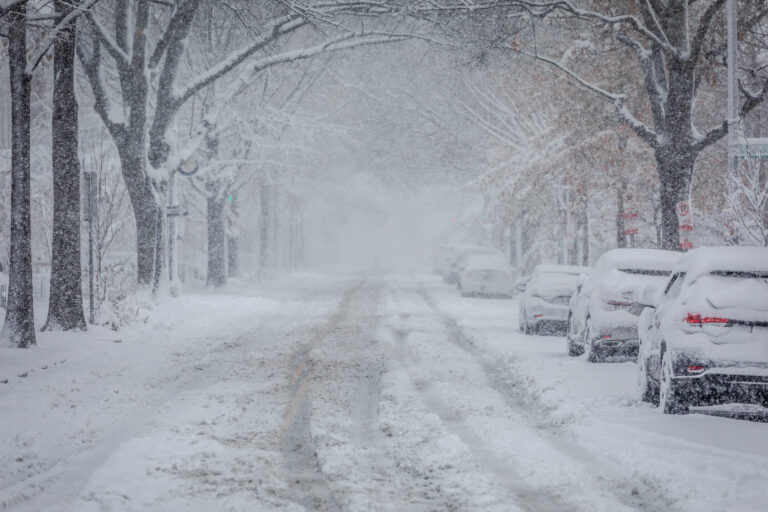Summer Heat Wave Recap
The summer of 2024 has been defined by a relentless heat wave across the United States, setting numerous records and posing challenges for residents and infrastructure alike. A persistent high-pressure system has dominated weather patterns, particularly affecting Western and Central states. Cities such as Phoenix, Las Vegas, and Denver have endured prolonged stretches of scorching temperatures, frequently exceeding 100 degrees Fahrenheit. This extended heat wave has strained energy resources and tested the resilience of communities.
In contrast, the East Coast and Southeast have experienced variable weather, with periods of intense heat interspersed with cooler spells due to passing weather systems and occasional thunderstorms. The Midwest has also seen above-average temperatures persist, impacting agricultural activities and daily life.
Revised August Weather Forecast
As we move into August, meteorologists have updated their outlook based on recent trends. While the East Coast may experience slightly less intense heat compared to initial forecasts, the Rockies and Northern Plains are projected to endure exceptionally high temperatures. These regions, known for late-summer warmth, could see temperatures well above normal, affecting agriculture and outdoor activities.
Across the Southwest to the Great Lakes and much of the Eastern states, temperatures are still expected to remain above average overall. This indicates that while some areas may see brief relief, the broader swath of the country will continue to contend with hotter-than-usual conditions through August.
Continued Warmth into September
Looking ahead to September, above-average temperatures are likely to persist across significant portions of the nation. Despite the approaching fall equinox, which typically heralds cooler weather in many regions, the Midwest, central Plains, and Southwest are expected to retain their warmth. This prolonged heat could impact agricultural harvests and delay the onset of autumn activities.
While the Deep South, Gulf Coast, and Florida may experience moderated temperatures due to increased rainfall associated with an active hurricane season, much of the East Coast to the Great Basin is anticipated to remain warmer than usual. Only the Pacific Northwest and areas near the California coast may see some relief, benefiting from cooler marine influences.
October Temperature Outlook
As October approaches, temperatures across the Great Lakes, interior Northeast, Midwest, and Plains states are likely to remain above average. This suggests that autumn may arrive later than usual in these regions, affecting fall foliage timelines and outdoor recreational activities.
Interestingly, the Northwest and parts of California’s coast are also expected to maintain slightly above-average temperatures. The Florida Peninsula and coastal Carolinas could experience warmer conditions as well, extending the summer-like weather into early fall.
Summer 2024: A Record-Breaking Season?
With numerous heat waves and record-breaking temperature days observed across various regions, Summer 2024 may potentially be remembered as one of the hottest on record for the nation. The frequency and intensity of heat events, combined with prolonged periods of above-average temperatures, have sparked discussions among meteorologists and climate experts. Post-season analysis of weather data and climate models will provide insights into where this summer ranks historically in terms of heat extremes.
Tips for Staying Cool During Extended Heat
During periods of intense heat, it is crucial to take proactive measures to stay cool and safe. Here are some practical tips:
- Stay Hydrated: Drink plenty of water throughout the day, even if you do not feel thirsty. Avoid sugary drinks and alcohol, as they can contribute to dehydration.
- Seek Cool Environments: Spend time in air-conditioned spaces such as shopping malls, libraries, or designated cooling centers. If you do not have access to air conditioning, use fans and take cool showers to lower body temperature.
- Dress Appropriately: Wear lightweight, loose-fitting clothing in light colors to reflect sunlight and heat.
- Limit Outdoor Activities: Avoid strenuous outdoor activities during the hottest parts of the day. If you must be outside, take frequent breaks in shaded areas and apply sunscreen.
- Check on Vulnerable Individuals: Keep an eye on elderly family members, neighbors, and pets, ensuring they have access to cool environments and adequate hydration.
By following these tips and staying informed about weather updates, you can better manage the challenges posed by an extended heat wave and ensure a safe and enjoyable late summer and early fall season.


